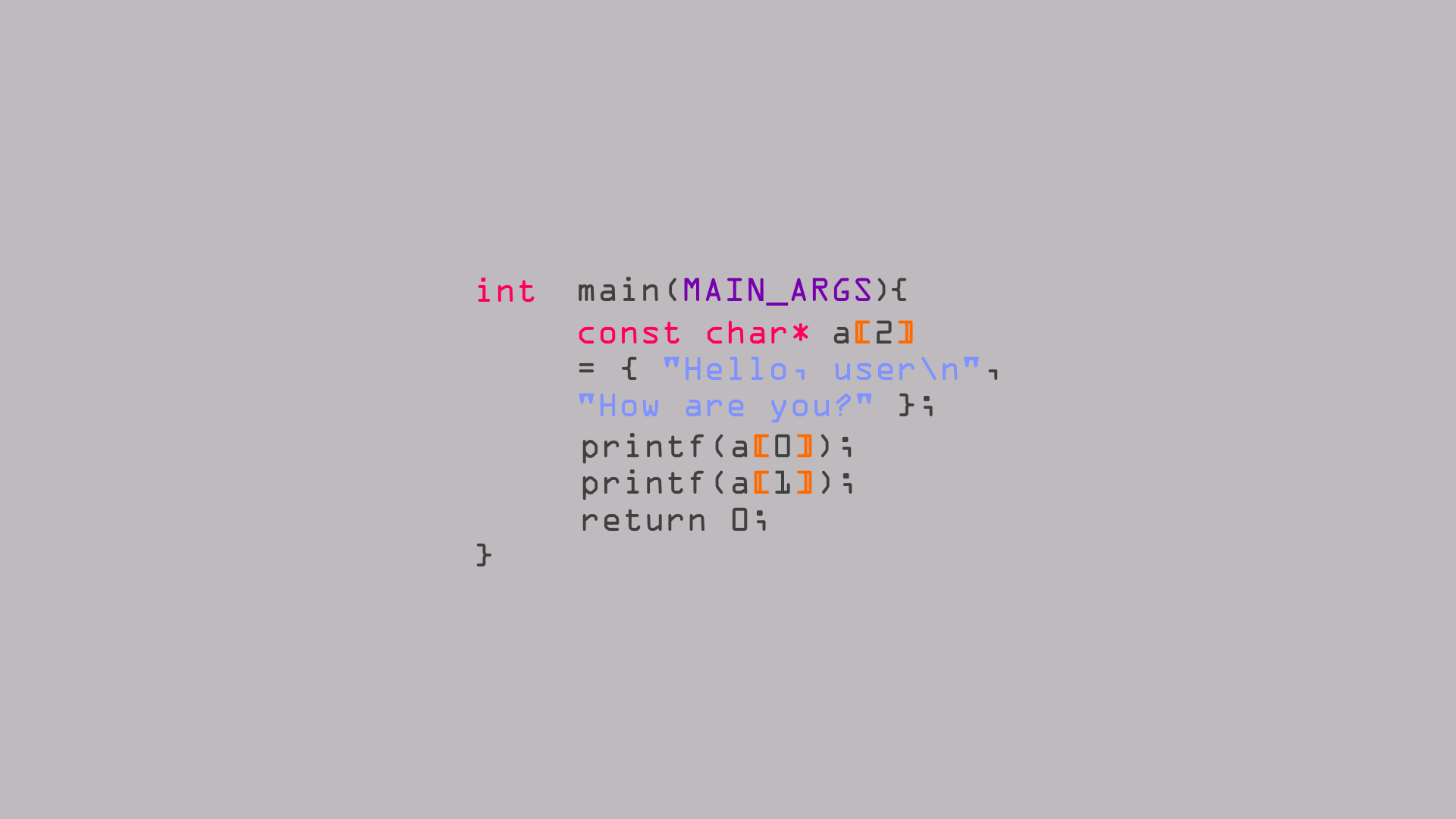In the world of programming, the prevailing notion has often been that more lines of code equate to more functionality. However, a growing trend in software development is challenging this belief – the idea that less code can actually lead to more functionality.
This approach, known as minimalist programming or low code development, focuses on streamlining the coding process by reducing complexity and maximizing efficiency. By stripping away unnecessary layers of code, developers can create more streamlined, efficient, and easy-to-maintain programs that deliver the same or even better functionality than their bloated counterparts.
One of the key benefits of minimalist programming is improved readability and maintainability. By focusing on writing clean, concise code, developers can more easily understand and modify their programs, leading to fewer bugs and faster development cycles. Additionally, by reducing the amount of code that needs to be written and maintained, developers can spend more time focusing on adding features and improving the overall user experience.
Another advantage of minimalist programming is improved performance. By removing unnecessary code, developers can reduce the amount of processing power and memory required to run their programs, leading to faster load times and improved responsiveness. This can be particularly beneficial for applications that need to run on low-powered devices or in resource-constrained environments.
Additionally, minimalist programming can lead to smaller, more lightweight applications that are easier to deploy and scale. By reducing the overall size of the codebase, developers can create applications that are easier to maintain and update, as well as more cost-effective to host and deploy.
One of the challenges of minimalist programming is striking the right balance between reducing code complexity and maintaining functionality. It can be tempting to strip away too much code in an effort to simplify the program, leading to unintended consequences and bugs. However, with careful planning and testing, developers can ensure that their minimalist programs are both lean and functional.
In conclusion, the power of streamlining your programming lies in the ability to do more with less. By focusing on writing clean, concise code, developers can create more efficient, easier-to-maintain programs that deliver the same or better functionality than their bloated counterparts. With the growing emphasis on minimalist programming, developers have the opportunity to become more efficient, productive, and innovative in their software development practices. So, the next time you sit down to write code, remember – less code can often mean more functionality.
